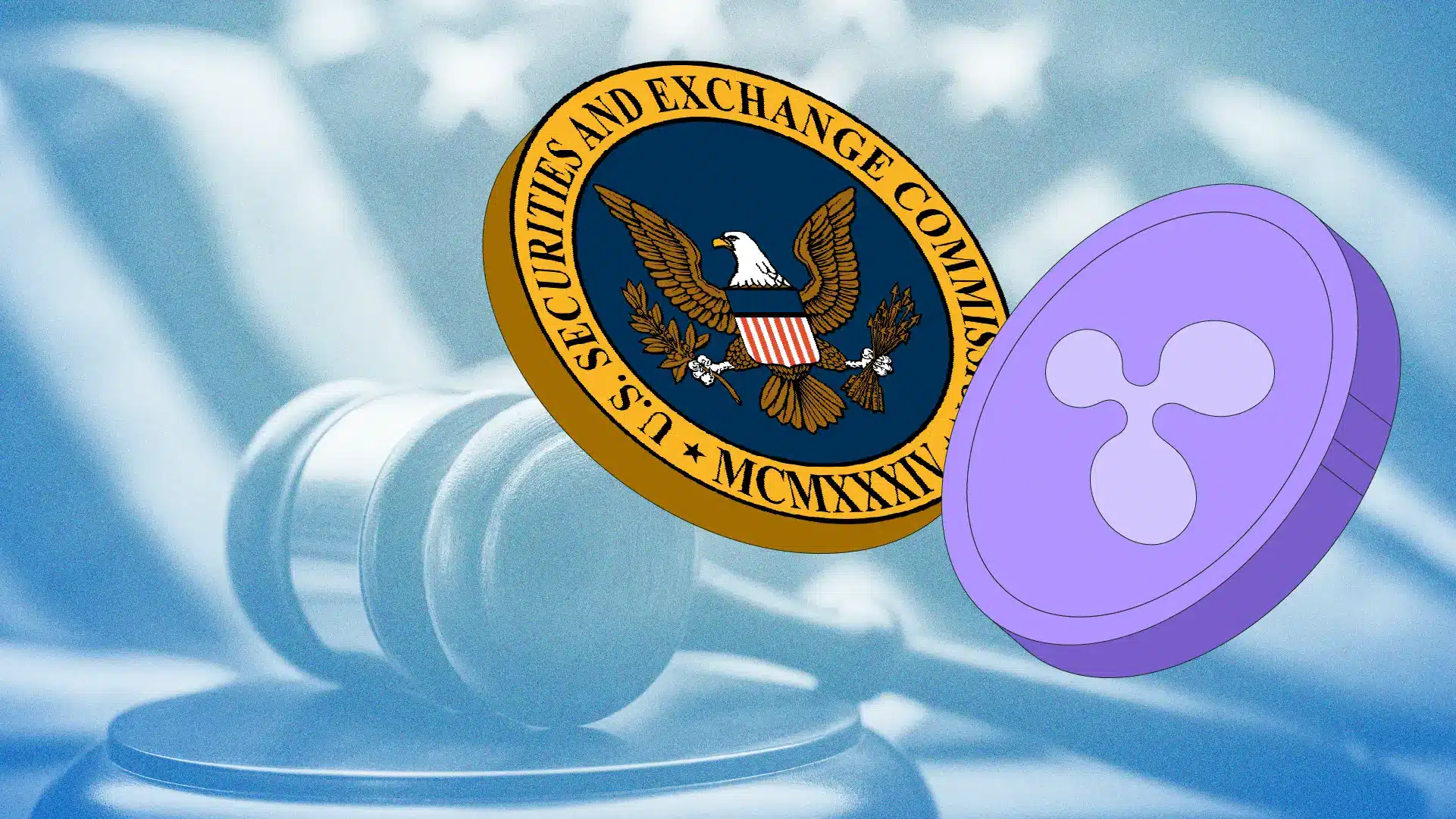- SEC grants Ripple waiver, bypassing court and restoring private sales.
- Ripple regains Regulation D access despite Judge Torres’ repeated refusals.
- Waiver delivers Ripple’s key lawsuit demand, unlocking major funding opportunities.
Ripple secured another significant win in its legal saga with the U.S. Securities and Exchange Commission. The regulator has granted a waiver that will once again allow the company to sell securities to non-institutional investors, a right that Judge Torres denied on numerous occasions during the XRP lawsuit appeal.
A post on X by CryptoLaw (@CryptoLawUS) noted that the SEC had fought this issue “at every turn” after the Torres decision but has now formally embraced it.
This ruling circumvents one of the most critical aspects of the injunction issued by the court. It had prevented Ripple from raising private funds using Regulation D. That limitation was based on the conclusion of the court that Ripple had breached securities laws when selling XRP to institutions.
SEC Overrides Court’s Earlier Refusals
According to former SEC official Marc Fagel, the injunction prohibited Ripple from engaging in unregistered institutional sales. Efforts to remove that limitation through normal legal channels failed, leaving the ban firmly in place.
However, the new waiver provides the reprieve that Ripple had been hoping to get for months. The SEC explained the action by stating that it was taken due to good cause to remove the regulatory disqualification, even though the standing injunction and prior violations were left on the books.
Also Read: XRP Bullish Breakout to $12.60 Next – Here’s How
Ripple’s Key Demand Achieved
Ripple’s biggest goal in the cross-appeal was to regain the ability to sell securities to private investors. Although the company also wanted to remove the fines and violations from its records, the sales restriction was the most urgent issue in its operations.
Ripple can now raise capital under Regulation D with the bad actor label removed. This exemption enables businesses to sell securities to accredited investors without going through the entire SEC registration process, which provides Ripple with direct access to one of the most significant sources of funds.
Expert Reaction and Legal Impact
Fagel described the SEC’s move as unusual and said it mirrors the effect that a change in law could have, rendering the injunction largely moot for future transactions. He further stipulated that the sales made under the Regulation D would not break the current order.
He also raised doubts about whether any legal challenge was possible at all, since the court cannot take action without a party presenting a case, and the SEC itself is unlikely to overturn its own decision.
Strategic Implications for Ripple
This waiver grants Ripple the flexibility to pursue funding for product development, strategic acquisitions, and market expansion without facing the delays and costs of registration. It also eliminates investors’ and partners’ doubts regarding Ripple’s capacity to manage operations in the private capital market.
For the XRP community, it is a direct victory on one of the company’s core demands in the lawsuit. The SEC move has redefined Ripple’s post-litigation status and provided it with a tool of immense power in future growth without altering the formal holdings of the court.
By granting a waiver that the court refused to approve, the SEC delivered Ripple a pivotal win in the XRP lawsuit. The move bypassed earlier judicial blocks, restored access to private capital, and fulfilled a key operational demand that could shape Ripple’s next growth phase.
Also Read: XRP Whales Accumulate Nearly One Billion Tokens Amid Key Technical Levels
